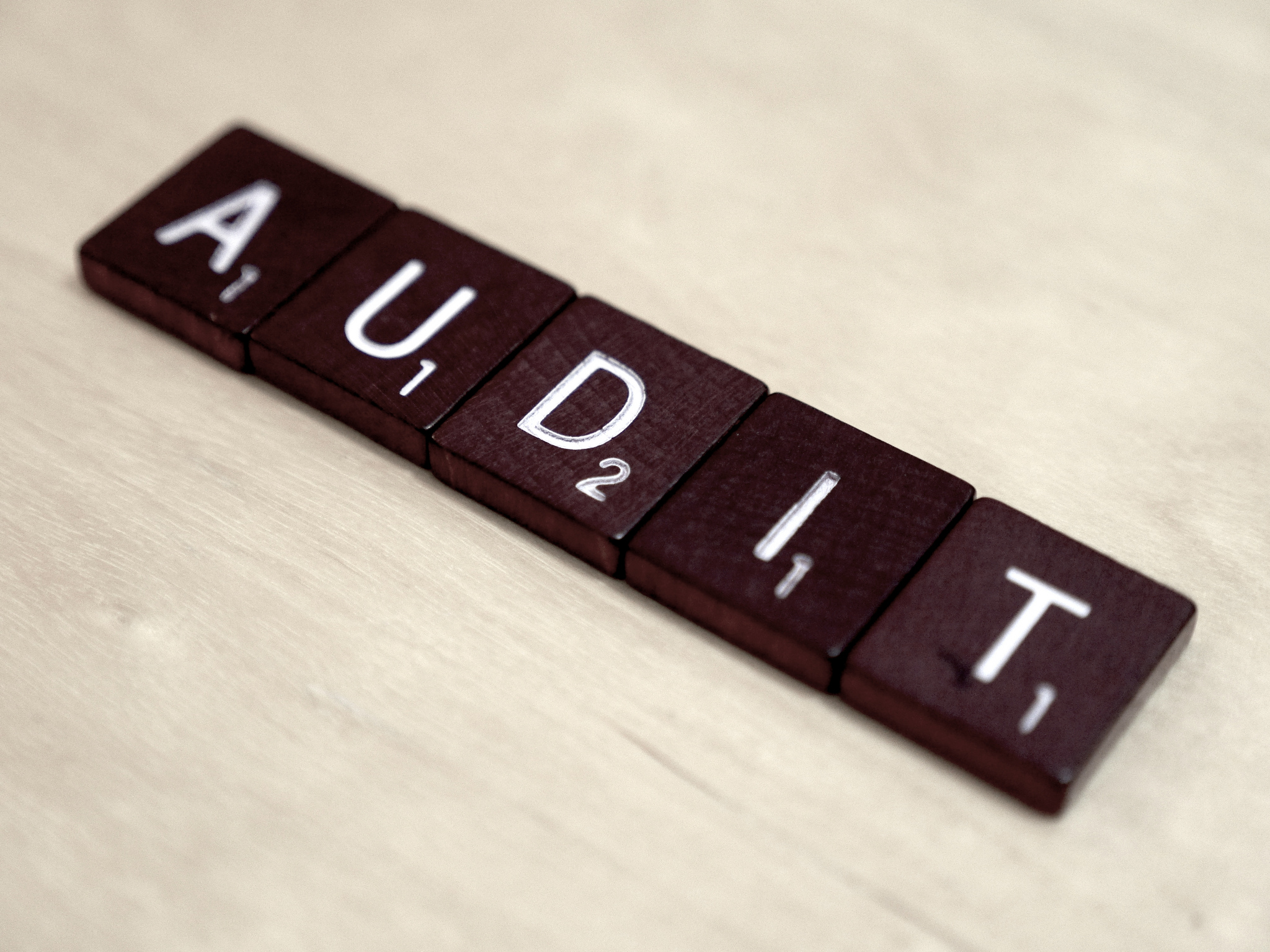
Many clients are concerned about “red flags” that can trigger an IRS audit. Since the IRS audits less than one percent of all individual tax returns annually, the odds are pretty low that your return will be chosen for review. I believe that you should take every legitimate deduction that is available to you, so I am not suggesting that you pay more in taxes than you should just to avoid the small risk of a potential audit. That being said, the presence of the following factors in your return increases the chances that the IRS will come calling.
Taking a loss on a hobby: The IRS defines a business as an activity entered into that is carried on with reasonable expectation of making a profit. The IRS presumes that an activity is a business if it makes a profit during at least three of the last five years. If an activity is not a business then it is a hobby and you can only deduct expenses up to the revenue generated by the activity. So if you run a business that has not made money in three of the last five years make sure you run the activity in a businesslike manner and can provide supporting documents for all expenses.
Large Deductions for Business Meals, Travel and Entertainment: History shows that most underreporting of income and overstating of deductions are done by those who are self-employed. As a result, IRS agents are on the lookout for big deductions for meals, travel and entertainment that are personal in nature. To qualify for meal or entertainment deductions, you must keep detailed records that document the amount, the place, the people attending, the business purpose and the nature of the discussion or meeting. Also, you must keep receipts for expenditures over $75 or for any expense for lodging while traveling away from home.
Claiming 100% Business Use of a Vehicle: When you depreciate a car, you have to list on Form 4562 what percentage of its use during the year was for business. Claiming 100% business use of an automobile is red meat for IRS agents. IRS agents are trained to focus on this issue and will scrutinize your records. Make sure you keep detailed mileage logs and precise calendar entries for the purpose of every road trip. Sloppy recordkeeping makes it easy for the revenue agent to disallow your deduction. As a reminder, if you use the IRS’ standard mileage rate, you can’t also claim actual expenses for maintenance, insurance and other out-of-pocket costs. The IRS has seen such shenanigans and is on the lookout for more.
The above is a summation of complex tax law. Please check with your tax professional before making a decision. Our CPAs at Milliken, Perkins, and Brunelle are available to assist you any time of year.
